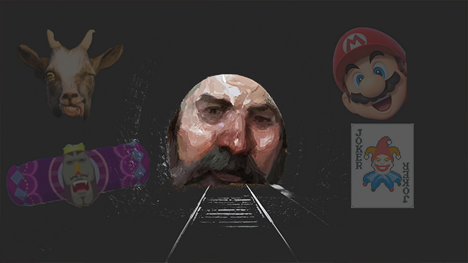Unity sunsetting Ziva tools amid 'ongoing company reset'
'We extend a huge thank you to all of the creators who tried Ziva over the years.'
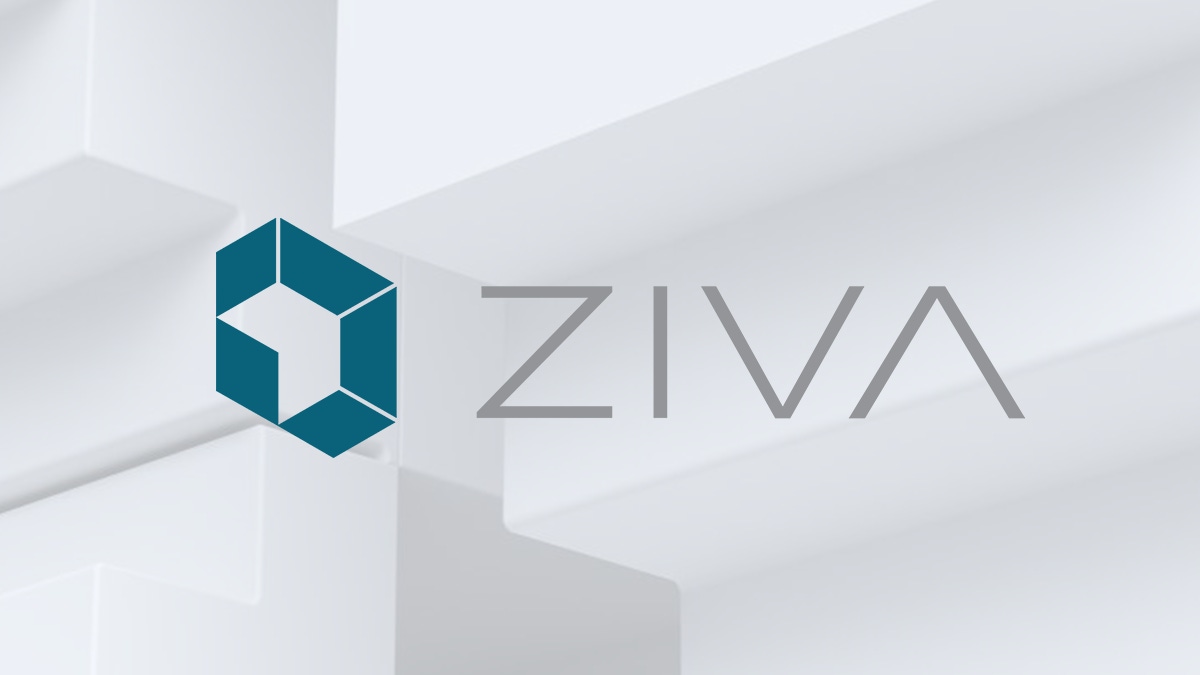
Unity is sunsetting its suite of Ziva products less than two years after acquiring creator Ziva Dynamics.
The company broke the news in a blog post and explained it's no longer selling or supporting Ziva VFX, Ziva Real-Time, Ziva Face Trainer, and related Ziva products.
Unity explained the move is part of its ongoing company reset and said it remains focused on its core offerings in Unity Editor and Runtime, Unity Cloud, and its Monetization Solutions.
It added that active Ziva subscribers will have the option to convert their existing license to a five-year term in the Ziva customer portal so they can continue using the product site beyind the expiration date of their existing license.
Notably, Unity has also entered into an agreement with technology-enabled visual effects and animation company DNEG for to create "an exclusive perpetual license of the Ziva IP."
"Unity will continue to retain ownership of all the technology acquired from Ziva Dynamics, and we will continue to evaluate the best way to enhance our core offerings with it over time," it added.
"We extend a huge thank you to all of the creators who tried Ziva over the years."
In a separate update from Ziva, the company acknowledged the news might come as a "disappointment" to some users. "We apologize for any inconvenience this may cause, and we’re grateful for your support throughout the years," it said.
The latest from Unity
The news comes with Unity attempting to course correct after a tumultuous period that saw the company lay off thousands of workers and invoke the ire of developers with its botched attempt to launch a new Runtime Fee.
Speaking to Game Developer at GDC 2024, Unity interim CEO Jim Whitehurst said Unity needs to elevate and prioritize its core products to enable creator success.
"A lot of those things we've shed to get back down to our core, which is 'how do we obsess about creator success, whether that is building, operating, or monetizing games?'," said Whitehurst, speaking to Game Developer.
"We are getting the company to a size where we are proudly profitable. We have 'pretty normal' margins for a software company and now we're going to scale from there."
You can read our full interview with Whitehurst to learn more about Unity's future plans.
Read more about:
Top StoriesAbout the Author(s)
You May Also Like



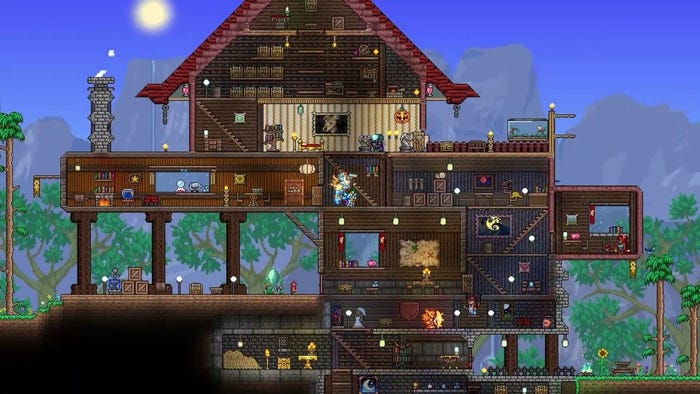
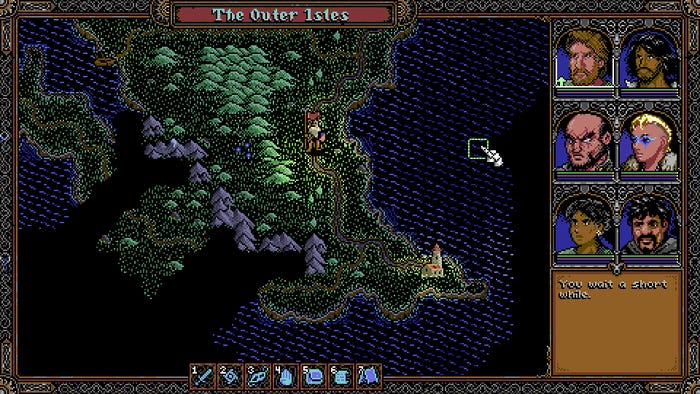


.jpeg?width=700&auto=webp&quality=80&disable=upscale)


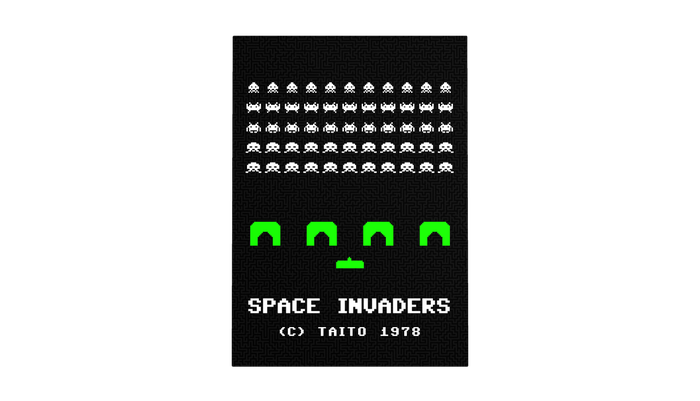
.jpg?width=700&auto=webp&quality=80&disable=upscale)
